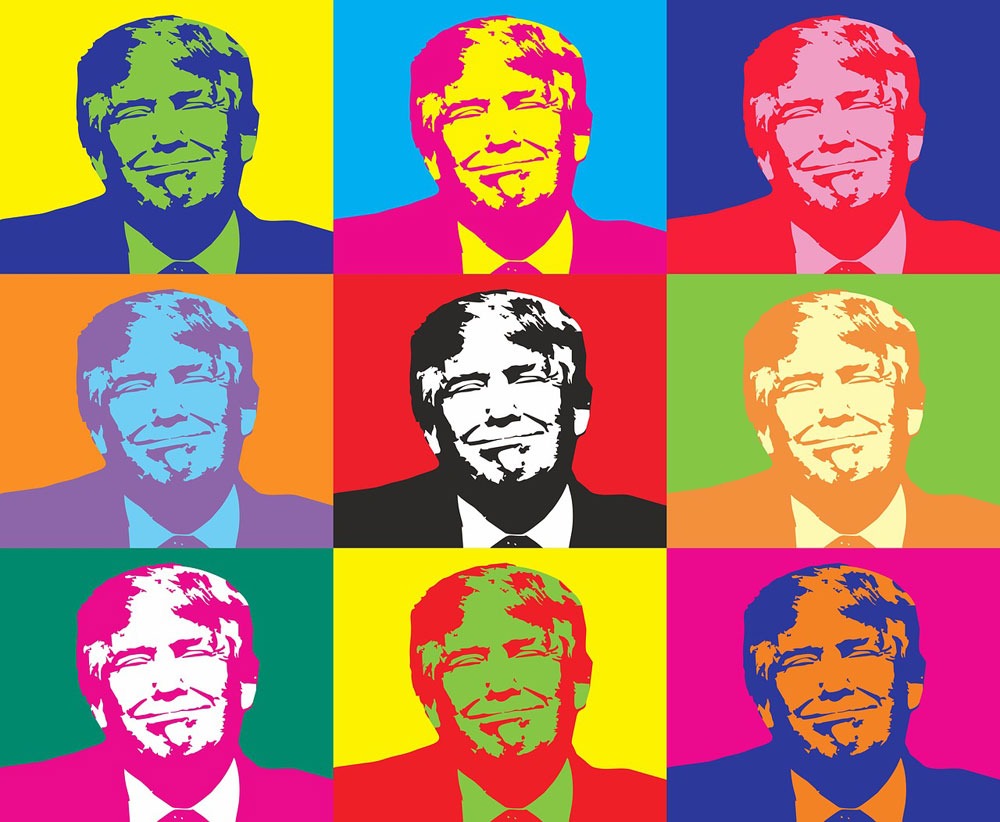
October 6, 2020; CNBC
Editor’s Note: The confusion continues to reign; the president has now walked back the statements that provoked this article, advocating a “piecemeal” stimulus. NPQ will continue to monitor the story with interest.
After taking to Twitter three days ago to urge all involved to get that stimulus package negotiated and out the door, yesterday, President Trump tweeted, “I have instructed my representatives to stop negotiating until after the election when, immediately after I win, we will pass a major Stimulus Bill that focuses on hardworking Americans and Small Business.”
This message, which followed closely on the heels of a strong message from Federal Reserve Chair Jerome H. Powell affirming the urgent need for the passage of the second stimulus, surprised many. It depressed the stock market, bringing the Dow Jones Industrial Average down 376 points by day’s end, with similar falls in the Nasdaq and S&P 500.
Senate Majority Leader Mitch McConnell (R-KY) agrees with the president’s decision to dump the stimulus package and concentrate on confirming Judge Amy Coney Barrett for the Supreme Court. “I think his view was that they were not going to produce a result, and we needed to concentrate on what’s achievable,” the senator said to reporters.
Sign up for our free newsletters
Subscribe to NPQ's newsletters to have our top stories delivered directly to your inbox.
By signing up, you agree to our privacy policy and terms of use, and to receive messages from NPQ and our partners.
For those who have faced layoffs or have already been furloughed as part of many industries’ efforts to cut costs, there will be no federal unemployment supplement, which will in turn drain the US consumer market. Cities and states will not get the supplements they need to plug their pandemic caused budget holes, and nonprofits will feel the effects of that in many cases, as cuts are made or contract payments are delayed even as community needs become more acute.
Here’s how Powell describes the likely outcome of releasing an insufficiently “robust” stimulus package, much less none at all.
Too little support would lead to a weak recovery, creating unnecessary hardship for households and businesses. Over time, household insolvencies and business bankruptcies would rise, harming the productive capacity of the economy and holding back wage growth. By contrast, the risks of overdoing it seem, for now, to be smaller. Even if policy actions ultimately prove to be greater than needed, they will not go to waste.
The brunt of this decision falls upon those hardest hit by both the pandemic and a recession that, as the Washington Post points out, is “the most unequal in modern US history.” It’s all a cipher, right before an election where the popular vote may turn on confidence—a public sense that there is a steady hand at the helm. But more than that, it is, as Powell says, an enormous tragedy that will call for strong action from civil society at every level for the perceivable future.—Ruth McCambridge












